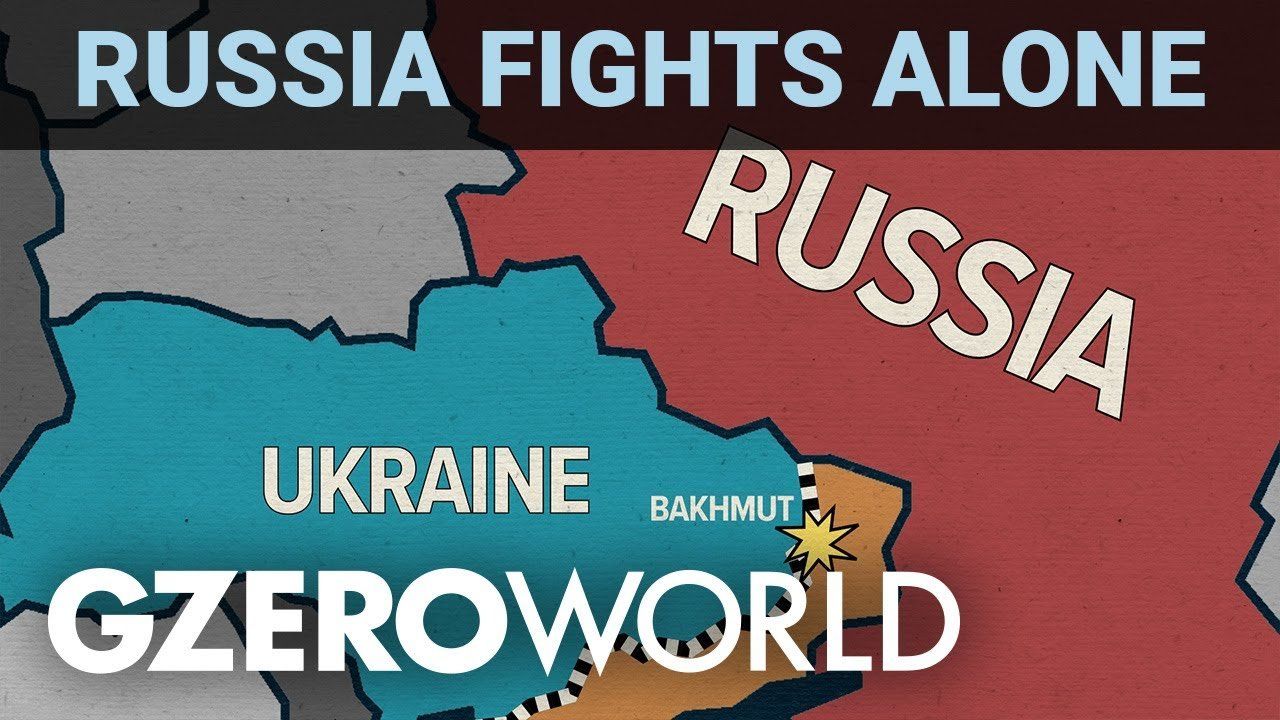
When it comes to the war in Ukraine, Russia stands alone.
From the Russian perspective, the Ukraine invasion is a battle for the survival of the country against NATO and the collective West, who, the Russia says, wants to destroy Russia and eliminate its influence around the world. But given the fact that virtually no allies have joined Russia in a fight it views as perfectly legitimate, does the Kremlin need a sense of reality and be more modest about what it thinks it can accomplish in the region?
On GZERO World with Ian Bremmer, former director of the Carnegie Moscow Center and Kremlin ally, Dmitri Trenin, lays out the Russian view of the war and why the Kremlin feels it is fighting a war of existential importance.
“Russian is being ganged up against because of its determination to protect and defend its own national interest,” Trenin argues, “That’s how it’s seen.”
According to Trenin, Russia had no expectation of its formal allies, like Kazakhstan, picking up arms and fighting in Ukraine. The same goes for China, who Trenin says is major supporter of the Russian economy, but needs to protect its own interests militarily. Despite being increasingly isolated on the national stage, Trenin says that the stakes are so high, Russia will likely keep fighting until the bitter end.
“Either it protects its national security interest in Ukraine and wide in Europe’s east,” Trenin says, “Or the future of Russia will be very bleak.”
Watch the full interview on GZERO World with Ian Bremmer on public television nationwide. Check local listings.